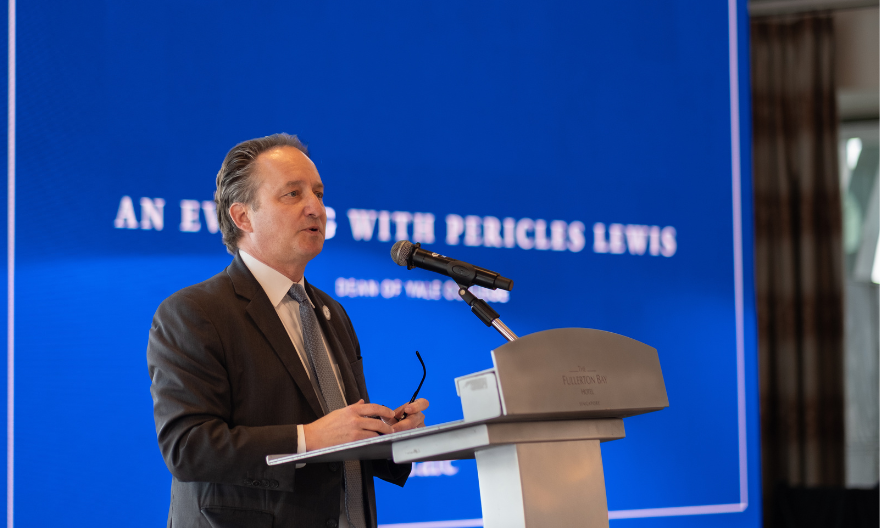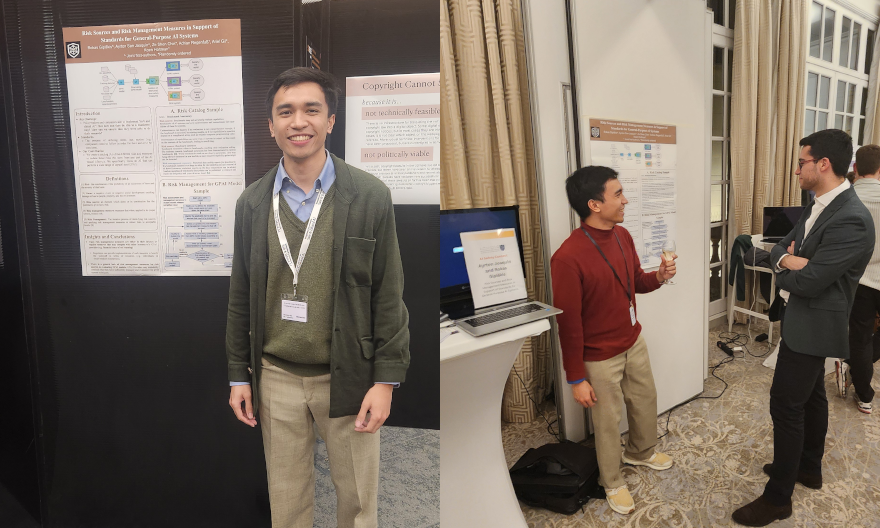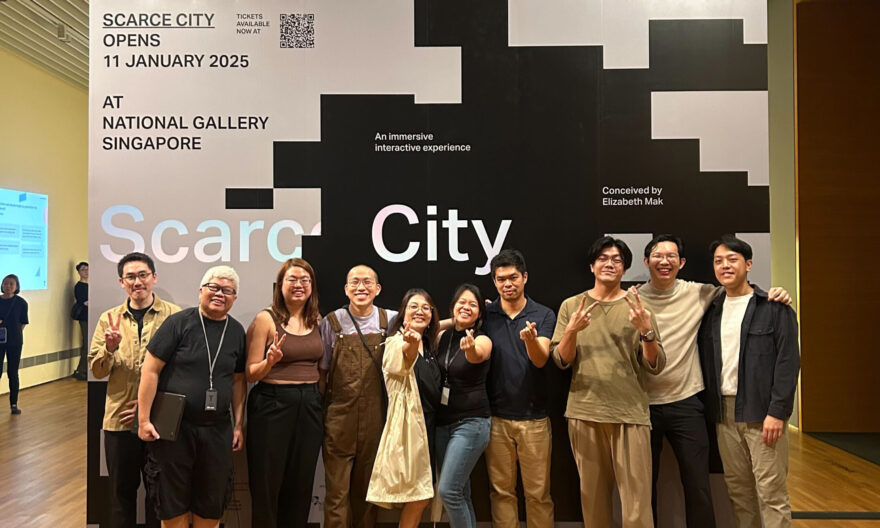Capstone projects by Yale-NUS alumni receive international recognition
Our pride and joy, Yale-NUS students and alumni continue to make waves in the academic arena. Many have produced outstanding research papers or projects that have garnered international acclaim. Recently, the hard work and ingenuity of two alumni were recognised, with their capstone projects clinching them a prestigious award and publication in a major scientific journal respectively.
The capstone project is a major milestone and an integral part of the Yale-NUS College experience. A significant piece of original independent research conducted in their respective disciplines, students work with their professors to synthesise their learnings and focus on a key area of interest.
Ng Yi Ming (Class of 2021), a Yale-NUS alumnus who majored in Philosophy, Politics and Economics (PPE), won the Thomas Clarkson Gold Medal in the 2021 Global Undergraduate Awards, the world’s leading undergraduate awards programme which recognises top undergraduate work in 25 different disciplines. His paper “How Shared Experience Helps in Dominant-Party Parliaments: Raising Hands for Women and Minorities in Singapore” is the Global Winner across all submitted papers in Politics & International Relations. He will be presenting his winning paper at the Undergraduate Awards (UA) Global Summit 2021.
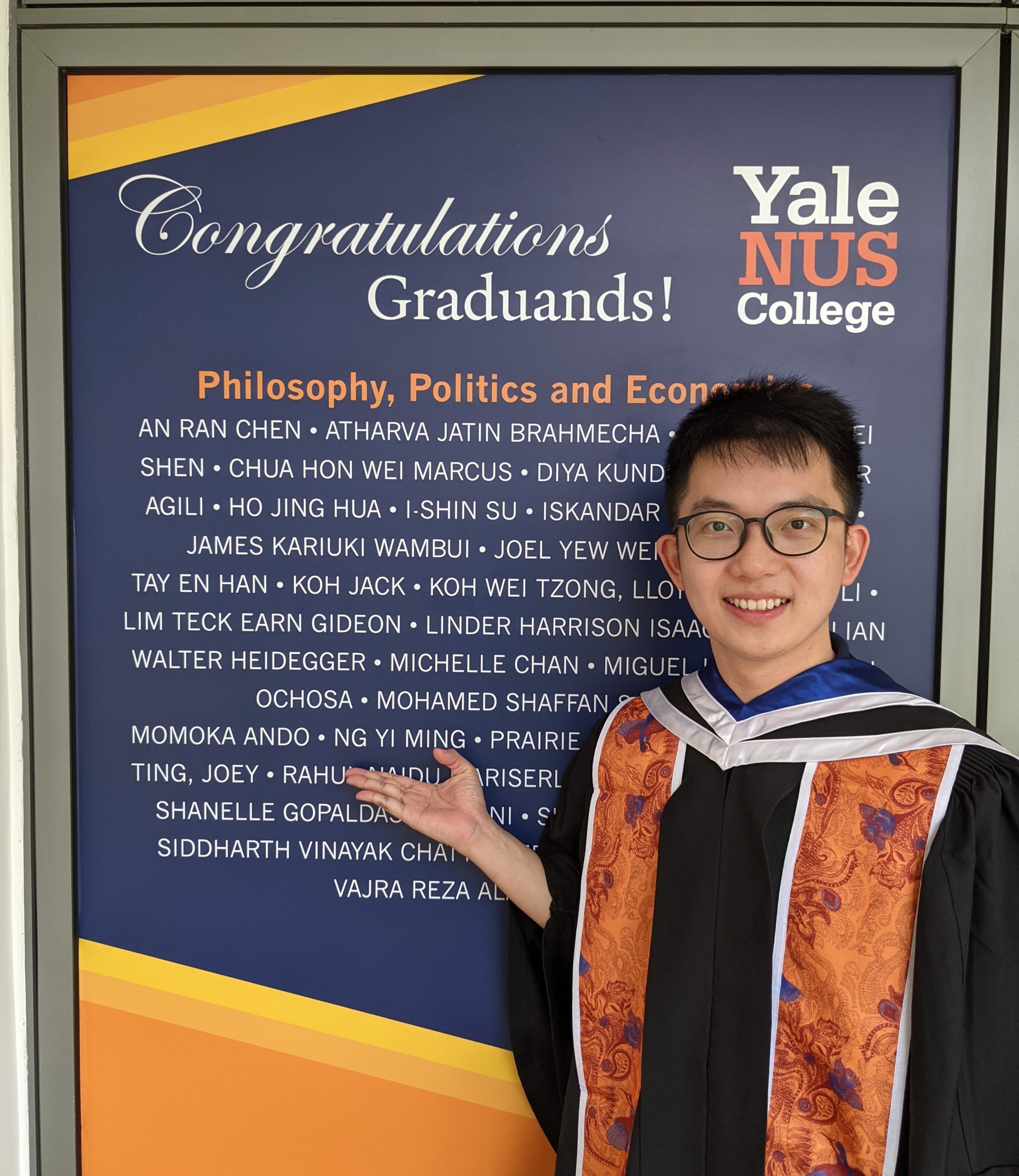 Yi Ming at his graduation. Photo provided by Ng Yi Ming.
Yi Ming at his graduation. Photo provided by Ng Yi Ming.
It all began with Yi Ming’s interest in finding out how Singapore’s Parliament serves the interests of citizens from all walks of life. In particular, Yale-NUS and NUS student group, Community for Advocacy and Political Education (CAPE) has been raising public awareness of parliamentary questions as a representative platform in recent years. Their work inspired Yi Ming to focus his research on this topic.
At the College, he also benefitted from the interdisciplinary undergraduate education model, access to in-depth research as well as extensive and personal guidance from his capstone supervisor, Assistant Professor of Social Sciences (Political Science) Steven Oliver. Asst Prof Oliver’s enthusiasm and interest in his work with his capstone advisees, along with consistent communication and his accommodation of individual research styles, ensured Yi Ming left every advising session with new ideas and critical recommendations to improve his research design.
In addition, he picked up more research skills when he assisted former Yale-NUS Assistant Professor of Social Sciences (Environmental Studies) Angel Hsu in the publication of a research paper on climate mitigation in European cities, as part of the Data-Driven EnviroLab. He co-designed the paper’s statistical model and assisted with the journal’s peer review process, eventually using similar quantitative research methodologies in his capstone project.
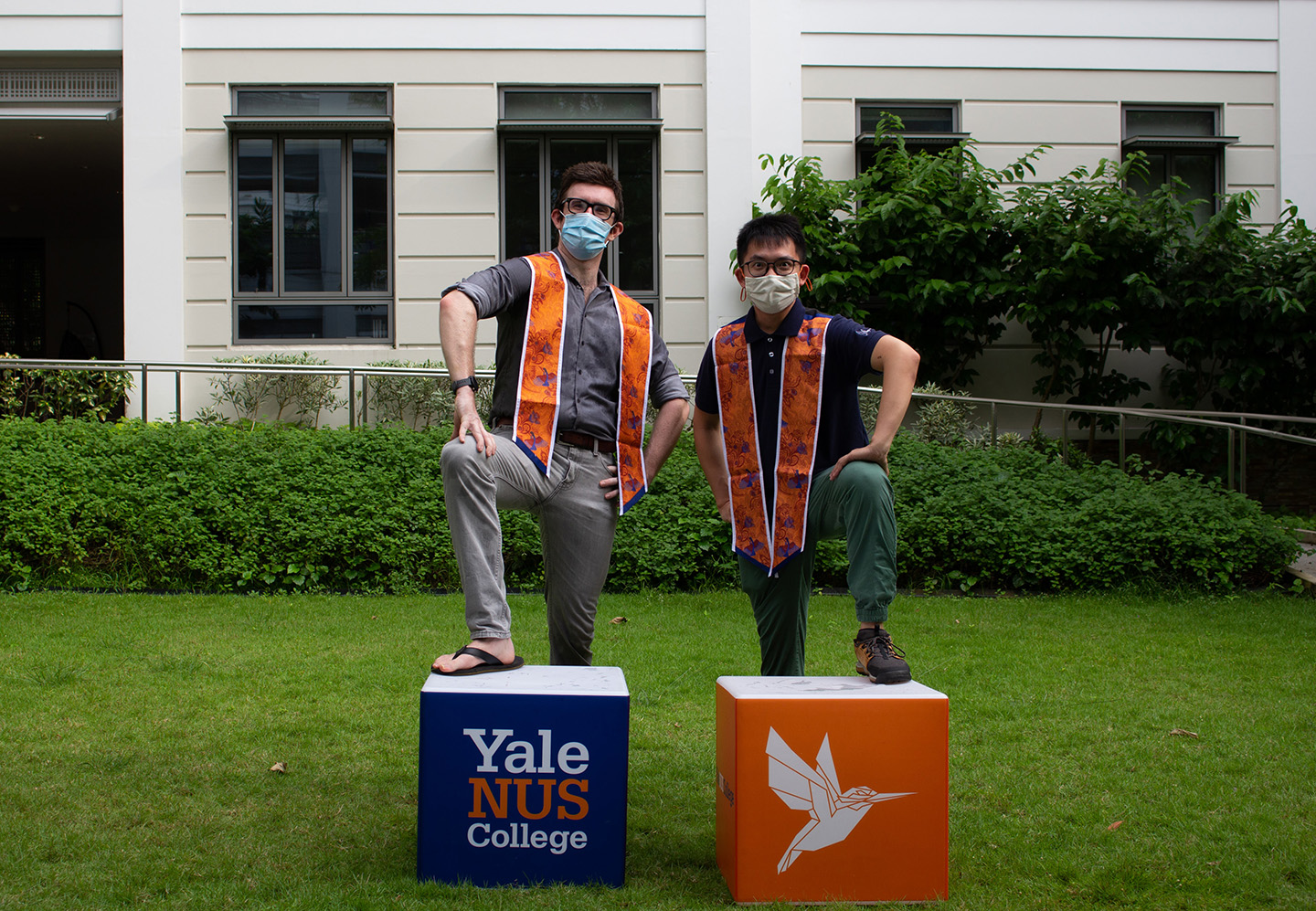 Yi Ming and Asst Prof Oliver at the College. Photo provided by Ng Yi Ming.
Yi Ming and Asst Prof Oliver at the College. Photo provided by Ng Yi Ming.
Yi Ming’s winning paper is an abridged version of his capstone project, which investigated factors behind the political representation of marginalised communities (women, racial minorities, low-income, elderly, and disabled communities) in Singapore’s Parliament. He performed a quantitative content analysis of all parliamentary questions filed from 2011 to 2020, finding a link between a Member of Parliament’s personal characteristics such as gender and ethnicity and their representation of marginal interests. To supplement this, he also conducted interviews with seven representatives to identify precise mechanisms for such representation, such as the role of shared personal experiences.
When asked about his capstone journey, Yi Ming had this to share: “Personally, the capstone was an empowering experience, as it was an opportunity to realise first-hand that the everyday questions we all have about our lives can be significant sites of formal enquiry. That these questions do matter and can be richly rewarding to pursue, not just for ourselves!”
Another Yale-NUS alumna, Harshitra Mahalingam (Class of 2021), who majored in Physics, also had a deeply rewarding capstone experience. Together with Assistant Professor of Science (Physics) Aleksandr Rodin, she published a paper in Nature Communications, a prestigious and highly regarded scientific journal with an acceptance rate of 38.8 per cent.
The theoretical work of the paper, “Visualising designer quantum states in stable macrocycle quantum corrals”, was based on Harshitra’s capstone, Manipulation of Impurities on Two-Dimensional Materials. Awarded the 2021 Outstanding Capstone Award in Physical Sciences, her capstone outlined the theoretical framework for a general model of impurities on two-dimensional materials, and applied it to the specific case of polymer on gold.
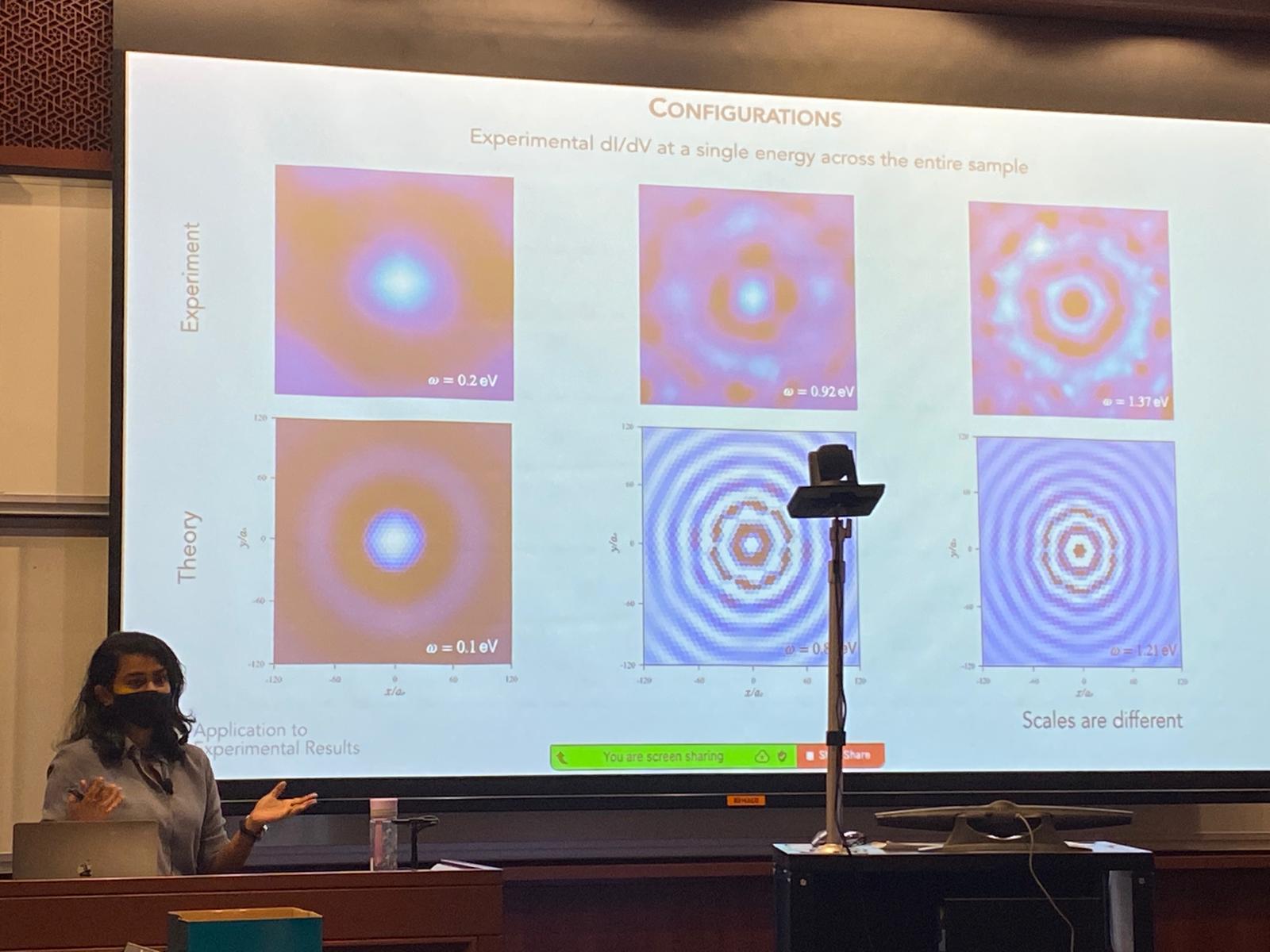 Harshitra highlighting the Experiment and Theory comparison at her capstone presentation. Photo provided by Harshitra Mahalingam.
Harshitra highlighting the Experiment and Theory comparison at her capstone presentation. Photo provided by Harshitra Mahalingam.
In the field of Physics, Quantum Field Theory (QFT) is known to have a fearsome reputation and a steep learning curve, with students typically only becoming familiar with it in graduate school. Despite these odds, Harshitra learnt it in the process of embarking on her capstone project, in order to model the polymer corral and explore how it changes the electronic structure of underlying gold. In the process, Harshitra became more confident and independent while working directly with collaborators from the National University of Singapore’s Department of Chemistry on the paper.
In addition, Harshitra learnt a new programming language, Julia, for her capstone. Together with analytics done using QFT, she ran numerical simulations in the language to produce comparisons required for her capstone. Harshitra eventually became so proficient at Julia that she and Asst Prof Rodin published a Julia library on GitHub, a code sharing and publishing service for developers.
Sharing that it was a journey of personal growth, Harshitra described her capstone project as one of the most rewarding experiences she has ever had. “Of course, the work itself had a rather steep learning curve, but I truly enjoyed the combination of analytic and numerical work this capstone project entailed and it was an incredible amount of fun.”
“I am tremendously lucky to have had [Asst Prof Rodin] as my mentor to guide me during both these phases,” she said of her supervisor. “He is remarkable at guiding and teaching me to the point where I have a comfortable grasp on the material and always a source of optimism when it feels like I am not making sufficient progress.”
Harshitra added that getting her paper published in Nature Communications had helped her to gain confidence in her abilities to conduct Physics research.
“I am very grateful and honoured to be part of [Asst Prof Rodin]’s research team and to have contributed to this work,” she said.

